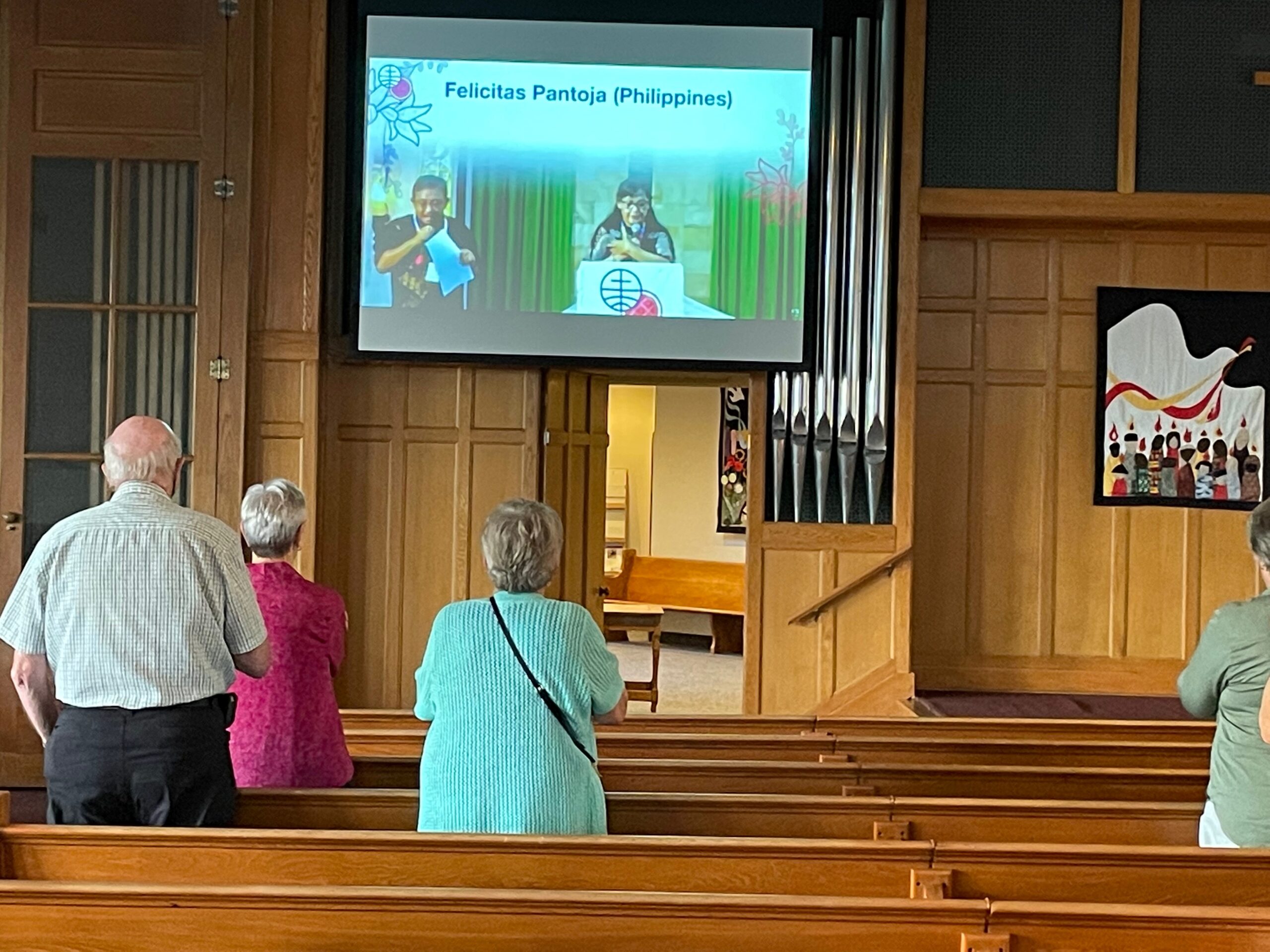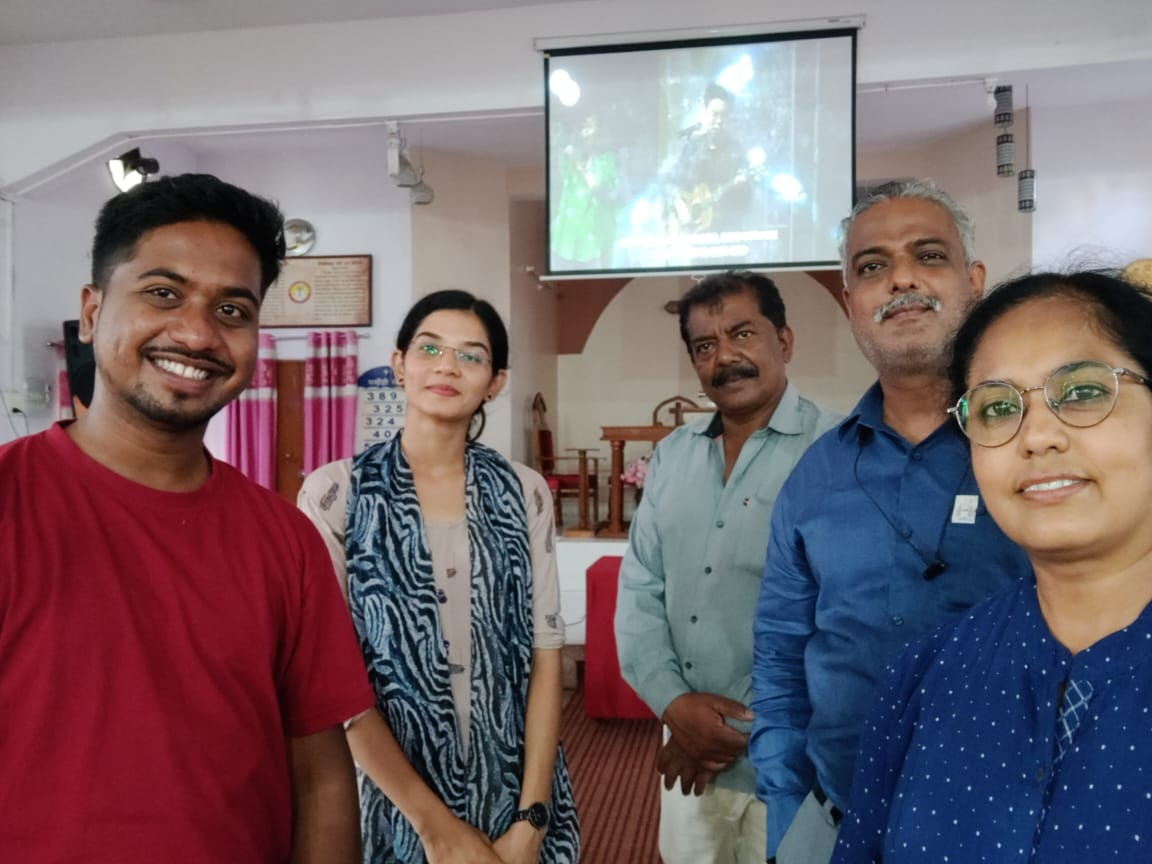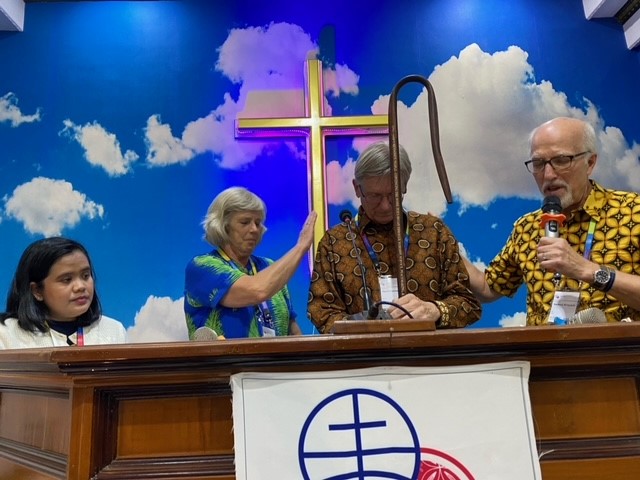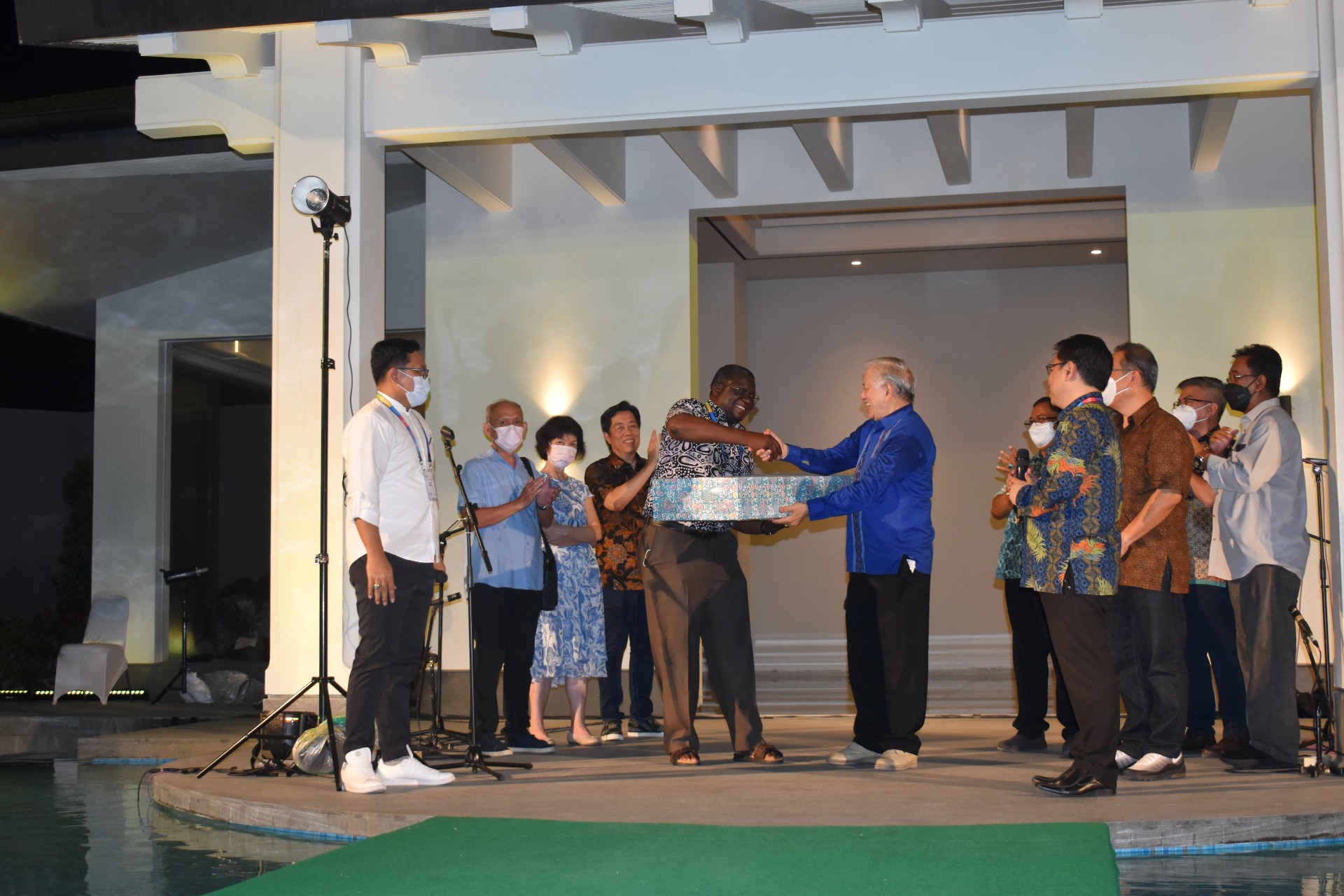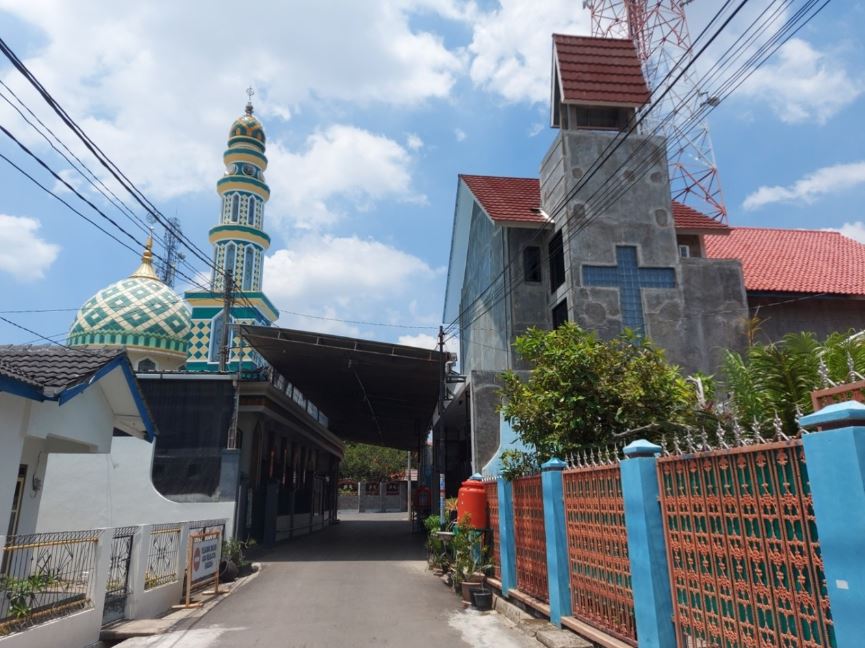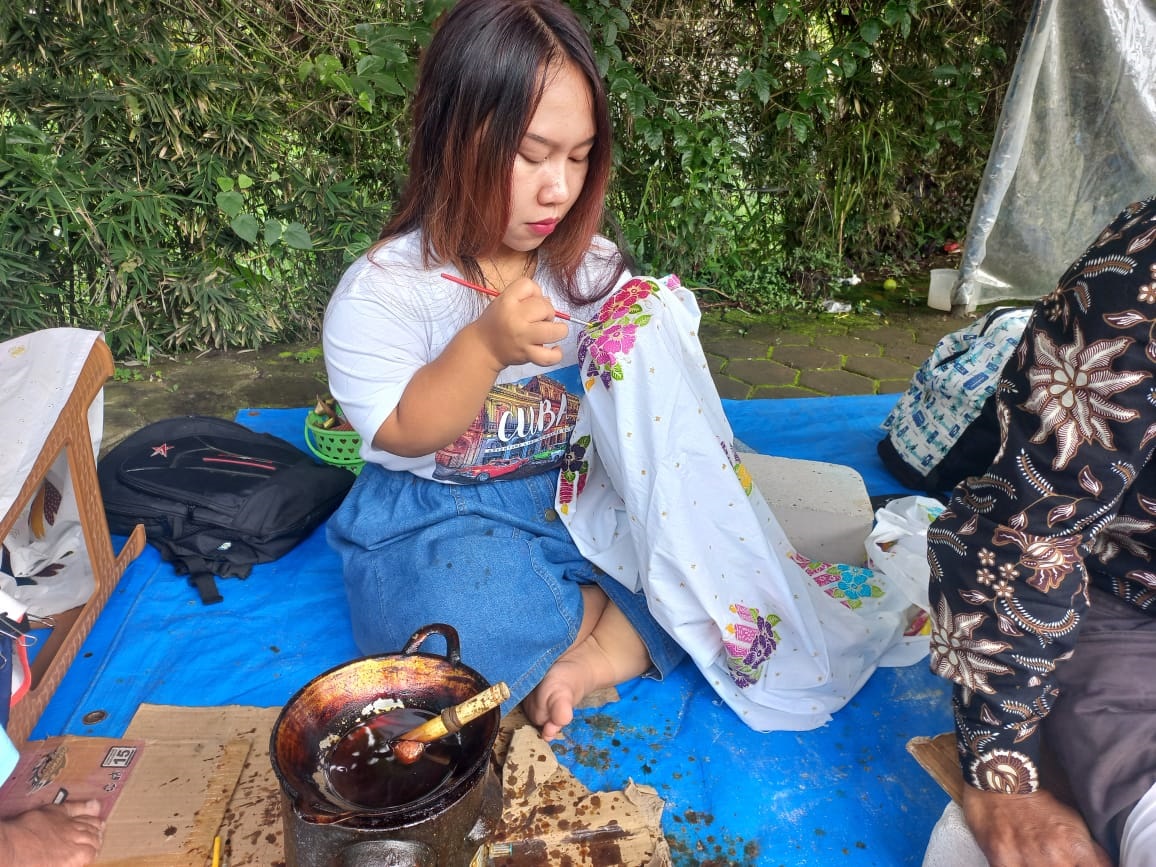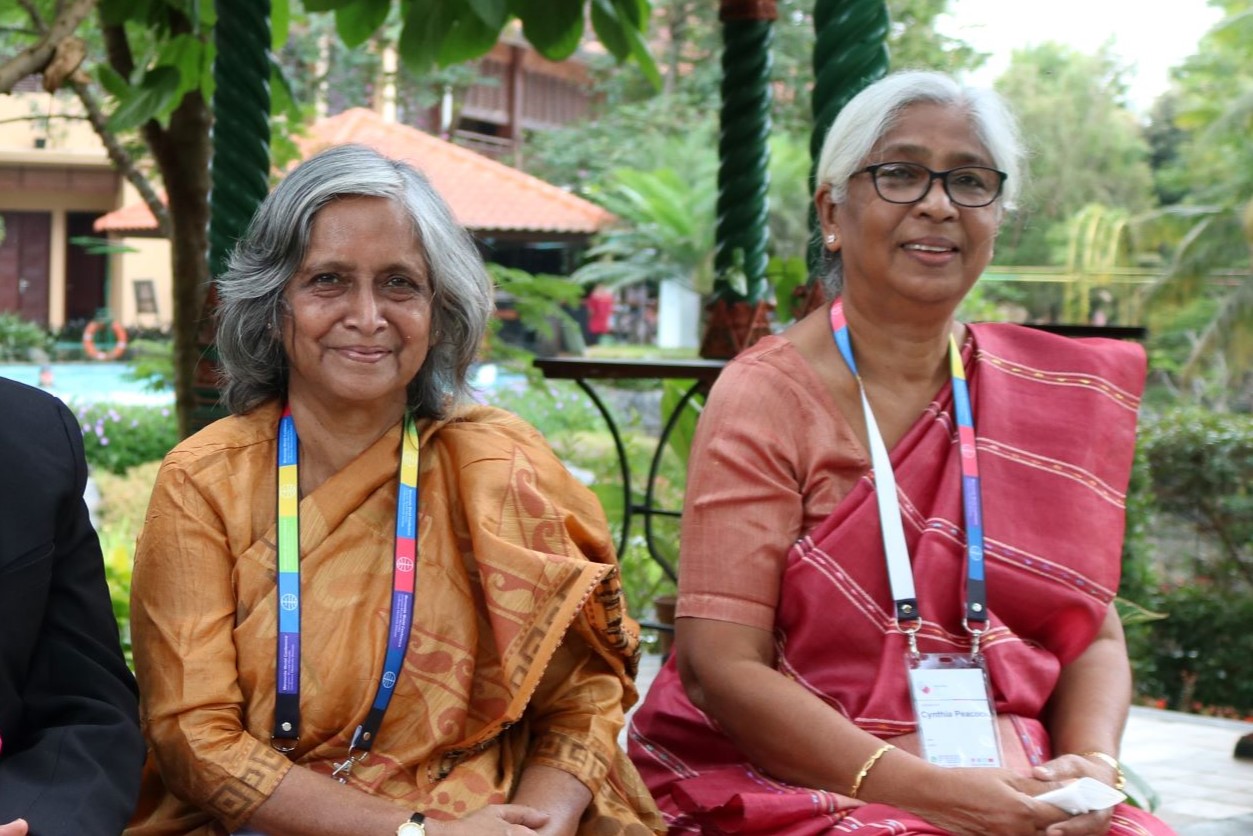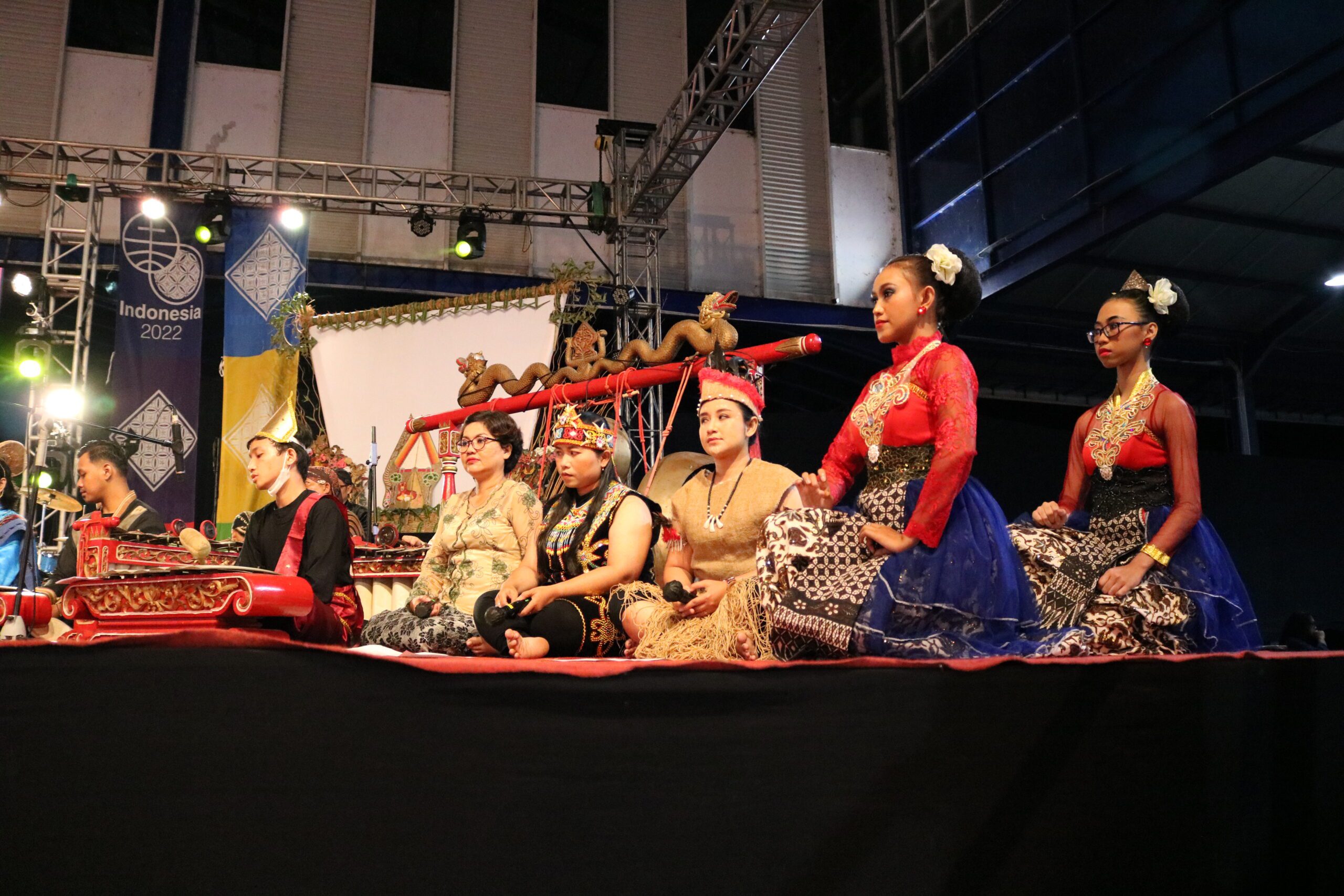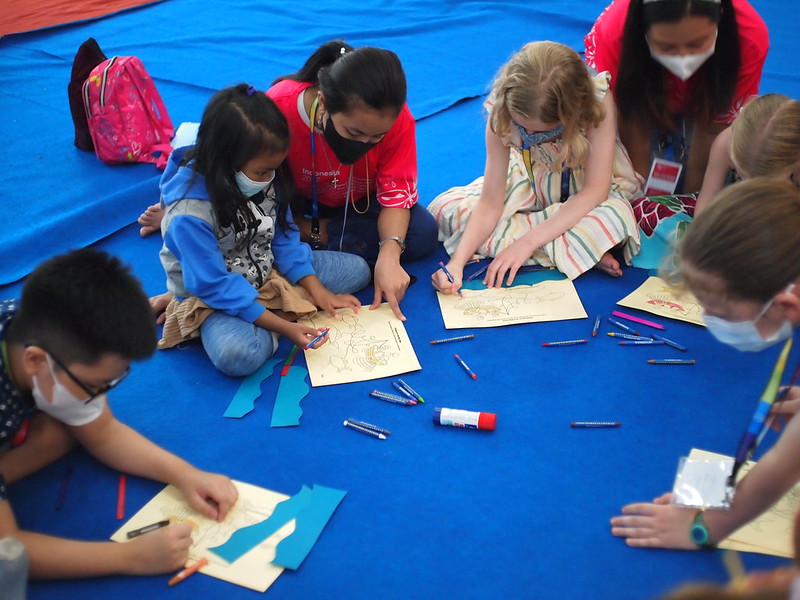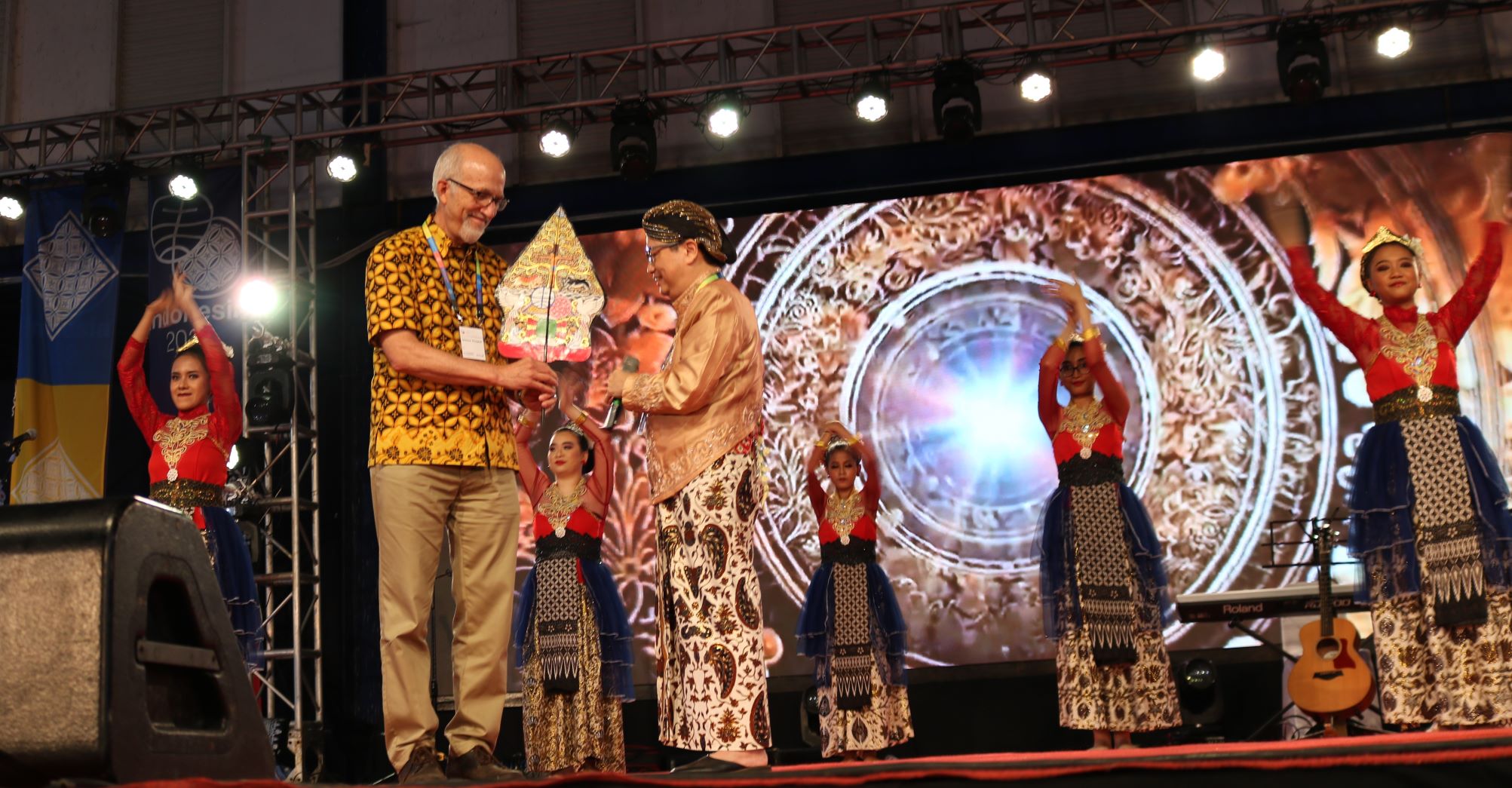-
You’re Not Alone
Assembly 17 – Indonesia 2022 – Songs You’re not aloneBryan Moyer Suderman, Bryan Moyer Suderman© 2005 Bryan Moyer Suderman/SmallTallMusic / bryan@smalltallministries.comReprinted / Streamed with permission under ONE LICENSE #A-740570 Included here *Page with music notation are taken from the forthcoming Voices Together worship and song collection, published by MennoMedia. Used with permission. Permission granted to…
-
“We felt the connection”
“I think this type of ‘hybrid’ connectedness has great potential for strengthening the communion of Mennonite-related churches around the world,” says Ray Brubacher.
-
Watch for it!
“It was nice to hear something from Indonesia and take part a little bit,” says Erwin Röthlisberger of Evangelische Mennoniten-Gemeinde Bern, Switzerland. He attended Assembly from his home in Europe. Videos from MWC’s Assembly Indonesia 2022 will begin to be posted on MWC’s website and YouTube channel starting in October. Until now, the plenaries and…
-
A new shepherd
“MWC – Continuing the work Jesus began through worship, service, mission, and evangalism” (sic). These words are inscribed upon a wooden shepherd’s staff that J. Nelson Kraybill gave to president-elect Henk Stenvers 8 July 2022 as a symbol of Mennonite World Conference servant leadership. During the Assembly 17 worship service at GITJ Margokerto, the presidency…
-
Gracious welcome on building site
The GKMI synod office is “our home together” and a “house of prayer” for GKMI congregations. The GKMI synod had a longing: to invite the MWC executive committee, Commission secretaries, regional representatives, General Council, and MWC staff to “our home” for a welcome dinner. Since the beginning of June, we were preparing for this 4…
-
Assembly small but full of joy
With its national motto of “unity in diversity,” Indonesia proved a fitting host for the 17th Assembly of Mennonite World Conference – downsized by COVID-19 restrictions but full of joy, beauty and fellowship. In an outdoor venue at a Mennonite Bible college (JKI) on a mountaintop in the city of Salatiga on the island of…
-
Carried by the love of God
“When Jesus came to the world he loved everyone. We are all created in one image, so we need to treat everyone as children of God,” says Pastor Yeanny. “When people take their MWC bags with them, they will be able to remember who the people were that made the bags, and that they are…
-
Follow the way that Jesus teaches
In recent times, churches have faced persecution from the Hindu extremists. But persecution is not only in the form of physical harassment or damage to the property. Christians as a minority are mentally persecuted: our voices are not heard…. Even though we have the legal documents for our properties and for our churches, we always…
-
Superar las barreras requiere aprendizaje permanente
Al seguir a Jesús, el cruzar barreras es inevitable. Todos preferimos la seguridad del espacio en el que normalmente vivimos. La vida cotidiana tiene hábitos que reproducimos sin, necesariamente, examinar sus implicacias y sus significados; de manera que lo que hacemos, y cómo lo hacemos, es para nosotros lo normal y consideramos extrañas otras formas…
-
Learning as a global church
Children’s program As a church, it’s important to take in mind that a sense of belonging should be there for everyone regardless of the differences, especially in age. Mennonite World Conference is well-aware of this matter, hence Assembly 17 in Indonesia has a children’s program. This is provided for children to be able to experience,…
-
Assembly Hub
Scan QR or click here to join the Assembly Hub to watch the videos. Enter the name and email address you used to register for the virtual Assembly. You will be sent a one-time passcode to complete your login. This will be sent to the email and phone number with which you registered. This will…
-
Following Jesus together across barriers
Barriers of internet access and recording quality, of jetlag and illness, of language and culture stand in the way of MWC Assemblies but in Indonesia 5 July 2022, they did not prevent God’s people from worshipping together. “This marks a new way of doing assembly where we can learn and fellowship in satellite locations and…

